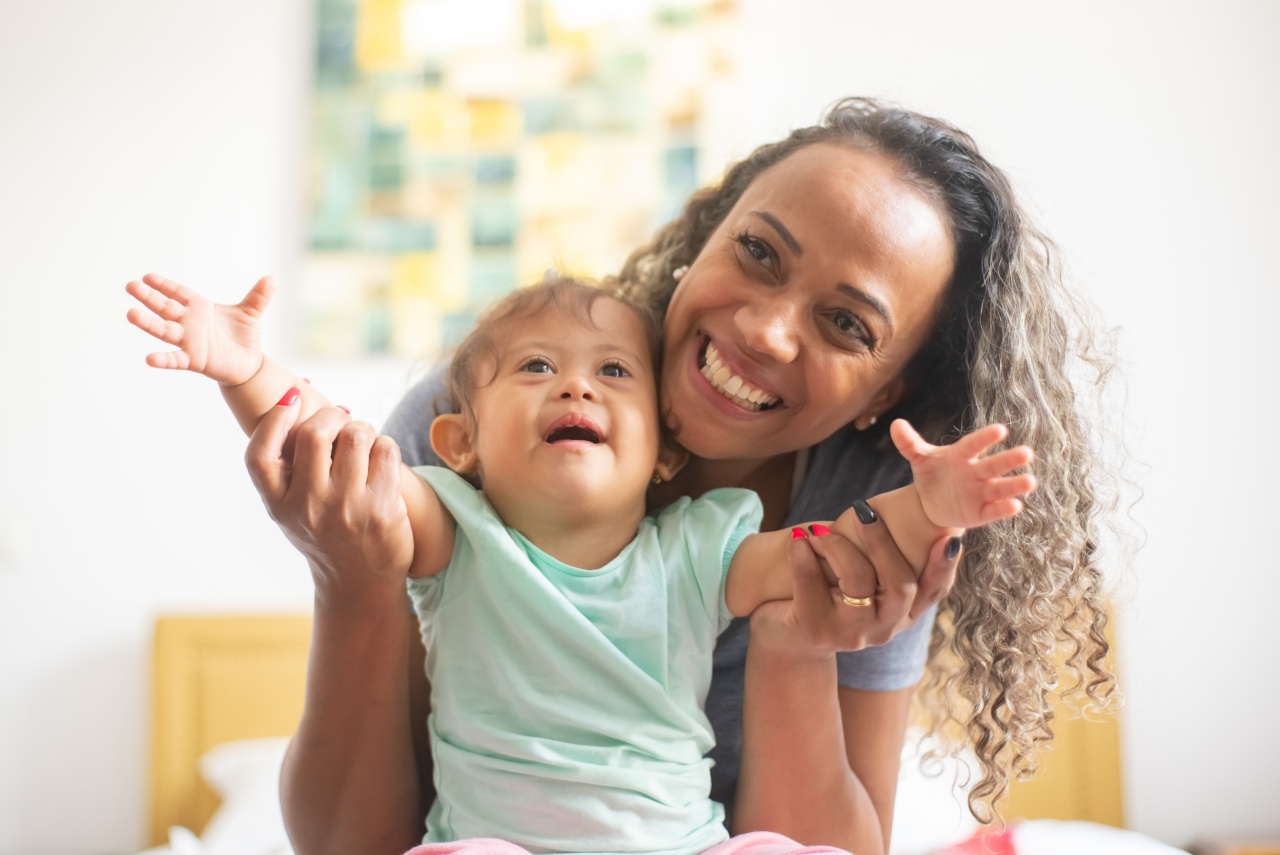Polycystic Ovarian Syndrome (PCOS) is a disorder that affects millions of women across the world.
According to the World Health Organization, PCOS is one of the most common endocrine disorders in women of reproductive age, affecting between 5% and 10% of the female population. However, what is lesser-known is that PCOS not only affects women but also has gender-specific impacts on children. In this article, we will discuss the gender-specific impacts of Polycystic Ovarian Syndrome on children.
PCOS in girls
The onset of PCOS can begin as early as childhood.
The symptoms of PCOS are particularly concerning for prepubescent girls as it has an impact on the development of secondary sexual characteristics, including breast development, pubic hair growth, and menstruation. PCOS in prepubescent girls is characterized by hyperandrogenism, which leads to excessive hair growth, acne, and rapid weight gain.
Studies have shown that girls as young as eight years old can develop PCOS. In fact, researchers believe that insulin resistance and obesity during childhood can lead to the development of PCOS.
The long-term implications of early-onset PCOS are significant, including infertility, obesity, and cardiovascular disease later in life.
PCOS in boys
Although PCOS is more commonly associated with women, boys can also be affected by the syndrome. PCOS is caused by imbalances in hormone levels, particularly androgens.
Boys with PCOS often have higher levels of androgen hormones, leading to hyperandrogenism. This can cause the development of acne, excessive hair growth, and even early-onset male baldness.
However, the gender-specific impacts of PCOS on boys are less severe than on girls. Unlike girls, boys with PCOS do not experience the same impacts on fertility or cardiovascular health later in life.
However, the impacts on self-esteem and body image can be profound, leading to feelings of shame and anxiety.
Treatment options
The treatment options for PCOS vary depending on the severity of the symptoms and the age of the patient. For prepubescent girls and boys, treatment is focused on managing symptoms such as excessive hair growth, acne, and weight gain.
Lifestyle changes such as regular exercise and a healthy diet can be effective. For girls who have started menstruating, hormonal treatments such as birth control pills can be effective in regulating periods and reducing hyperandrogenism.
For adult women with PCOS, there are several treatment options available, including medications to regulate insulin and hormone levels, fertility treatments, and lifestyle changes.
However, for children with PCOS, the focus is on symptom management and prevention of long-term complications.
Conclusion
PCOS is a complex disorder that affects millions of women globally. However, it is important to recognize the gender-specific impacts of PCOS on children, particularly young girls.
Early-onset PCOS can have significant impacts on the development of secondary sexual characteristics, the long-term health of the patient, and their self-esteem and body image.
As with many chronic conditions, early diagnosis and management of symptoms are crucial in preventing long-term complications.
It is imperative that parents and healthcare providers work together to recognize the signs of PCOS in young children and develop an effective treatment plan to manage symptoms and promote a healthy future.




























